
South Sulawesi Province
A Comprehensive Look at South Sulawesi Province
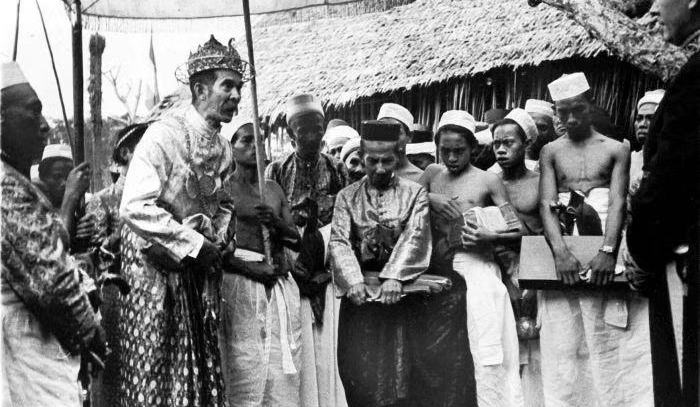

🏛️Capital City and Geographical Conditions
Capital City: Makassar. Formerly known as Ujung Pandang, Makassar is the largest city in Eastern Indonesia, a major port, and the primary economic and educational center for the region.
Geographical Conditions: The province encompasses the southwestern arm and parts of the southern body of Sulawesi.
Highlands: The central-north area is dominated by the mountainous terrain of the Tana Toraja region (though now a separate province, the cultural influence remains).
Coastal Plain: A relatively flat and fertile coastal plain runs along the west and south, home to most of the major cities and extensive rice farming.
Climate: Tropical monsoon climate, typically warm and humid, with the western side experiencing heavy rains during the Northwest monsoon.
📜History: Trade Empires and Maritime Dominance
South Sulawesi has been a center of political and trading power for centuries.
Kingdoms of Gowa and Bone: The history is dominated by the rivalry between the powerful seafaring Makassar Kingdom of Gowa and the influential inland Bugis Kingdom of Bone. These kingdoms controlled major spice trade routes across the eastern archipelago from the 16th to 18th centuries.
Sultan Hasanuddin: The most revered historical figure, Sultan Hasanuddin of Gowa (The Rooster of the East), led a fierce and prolonged resistance against the Dutch East India Company (VOC).
The Bugis Diaspora: After their subjugation by the Dutch, the Bugis people undertook massive migrations, establishing trading and political footholds throughout Southeast Asia (including Malaysia and Australia), cementing their reputation as the greatest seafarers in the region.
👥 Demographics and Customs
Population: South Sulawesi is one of Indonesia's most populous provinces, with approximately 9.3 million people.
Ethnic Groups: The three main indigenous groups are closely related but distinct:
Bugis: The majority group, residing mostly in the central and eastern plains, known for their literature (La Galigo epic) and entrepreneurship.
Makassar: Concentrated in the capital and surrounding areas, known for their strong martial and trading history.
Toraja: Residing in the mountainous north (Tana Toraja), famous for their unique Christian culture and complex funeral rites.
Customs (Adat Istiadat): Culture is strongly Islamic, particularly among the Bugis and Makassar. Customs are highly ceremonial, emphasizing dignity (siri'), honor, and traditional governance (Adat).
🎨Culture and Traditional Arts
Sulsel's culture is intrinsically linked to its maritime heritage and history of warfare.
Pinisi Boat: The most iconic symbol. The Pinisi is a massive, two-masted, seven-sailed traditional wooden schooner built by the Bugis and Makassar people, still used today for inter-island cargo. It is a testament to their master shipwright skills.
Pencak Silat: Traditional martial arts, historically vital for the Gowa and Bone armies, remain widely practiced.
Epos La Galigo: One of the world's longest epic poems, considered the holy book of the Bugis people before the adoption of Islam, containing vast genealogical and mythological histories.
Tongkonan House: The striking, boat-shaped traditional houses of the Toraja people (found in the north of the province), famous for their complex carvings and curved roof structures.
🍲Distinctive Traditional Cuisine
South Sulawesi cuisine is intensely savory, relying on strong spices, sour flavors, and rich meats.
Coto Makassar: The most famous dish. A rich, thick, and savory soup made from beef and offal, seasoned with ground peanuts, various spices, and served hot with ketupat (rice cakes).
Konro: Ribs cooked in a dark, rich broth. Konro Bakar (Grilled Konro) is particularly popular, where the ribs are first boiled until tender, then grilled and slathered with a thick, savory-sweet spice paste.
Pallubasa: Similar to Coto Makassar but typically richer, with the addition of creamy coconut milk and often served exclusively with rice (not ketupat). The dish is unique because its traditional preparation involves separating the organs and meat before cooking.
Es Pisang Ijo: A signature dessert. Sliced green bananas wrapped in a green rice flour crepe (colored with pandan), served with sweet coconut milk porridge (bubur sumsum), syrup, and shaved ice.
🗺️Famous Tourist Attractions
Sulsel is a gateway to diverse cultural and natural wonders.
Fort Rotterdam (Makassar): A beautifully preserved 17th-century Dutch fort, originally a Gowa fortress, now hosting museums and historical exhibits.
Tana Toraja: Located in the highlands, renowned worldwide for its spectacular funeral ceremonies (Rambu Solo), unique Tongkonan architecture, and ancient cliff graves. (Though often visited from Makassar, the Tana Toraja and Toraja Utara regencies are the main destinations).
Bira Beach (Tanjung Bira): A beautiful coastal area known for its pristine white sand beaches and as a traditional center for the construction of the famous Pinisi boats.
Bantimurung-Bulusaraung National Park: Famous for its "Kingdom of Butterflies" and its unique karst topography, featuring caves, waterfalls, and towering limestone cliffs.
✈️Transportation Infrastructure
South Sulawesi is the primary hub for Eastern Indonesia, featuring major air and sea links.
Airport (Bandar Udara):
Sultan Hasanuddin International Airport (UPG): Located near Makassar, this is one of Indonesia's largest and busiest airports, serving extensive domestic routes across the eastern islands and numerous international flights.
Port (Pelabuhan):
Soekarno-Hatta Port (Makassar): The largest and most crucial commercial port in Eastern Indonesia, handling massive volumes of container and general cargo traffic, connecting the region to Java and international markets.
Paotere Port: A historic port in Makassar, still actively used by hundreds of traditional Pinisi and wooden trading vessels.
Railroad (Stasiun Kereta Api):
South Sulawesi is currently developing its railway infrastructure, which is planned to connect its major cities. The Trans-Sulawesi Railway project is ongoing, but does not yet have a fully operational passenger network for general use.
South Sulawesi is a land steeped in history, defined by the adventurous spirit and cultural refinement of the Bugis and Makassar people. It is a province where the graceful sails of the Pinisi still dominate the horizon and where the rich, savory aroma of Coto Makassar fills the air. From the fierce, proud legacy of Sultan Hasanuddin to the enduring traditions of Tana Toraja, Sulsel offers a powerful, vibrant, and essential gateway to the diverse world of Eastern Indonesia.
⛵South Sulawesi Province : Land of the Seafarers and Kings
South Sulawesi (Sulsel) is arguably the most dynamic and culturally rich province on the island, known globally for the fierce maritime traditions of the Bugis and Makassar people. Historically the site of powerful kingdoms and trading empires, Sulsel serves as the eastern gateway to Indonesia and is a major hub for commerce, education, and culture.
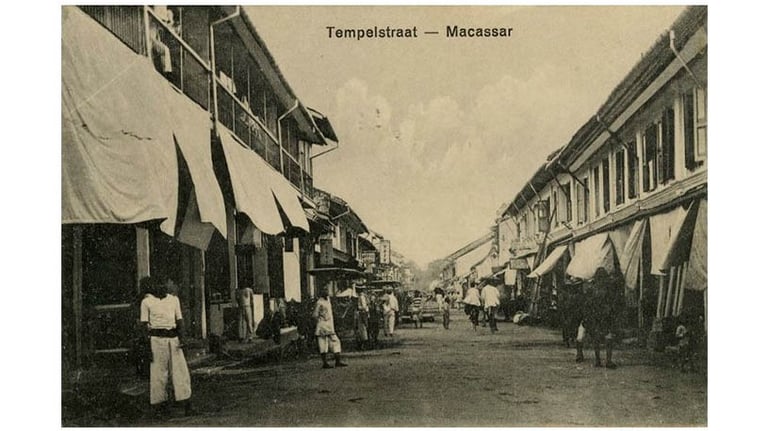

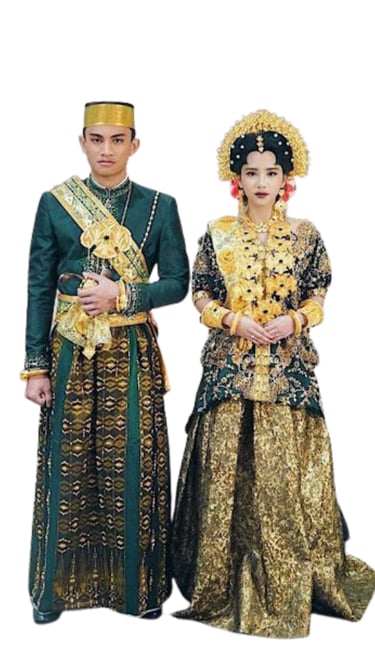

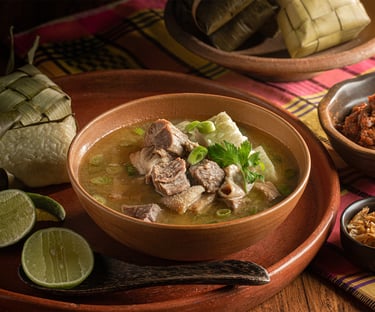

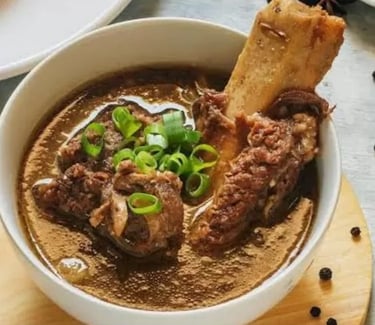

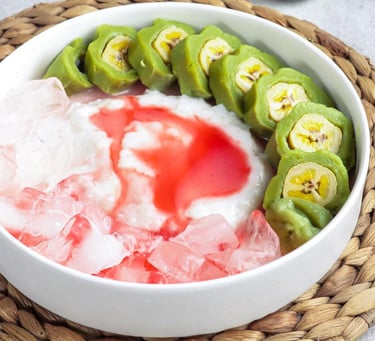

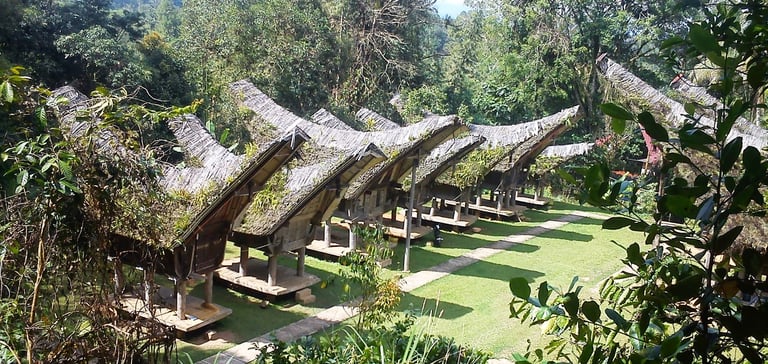

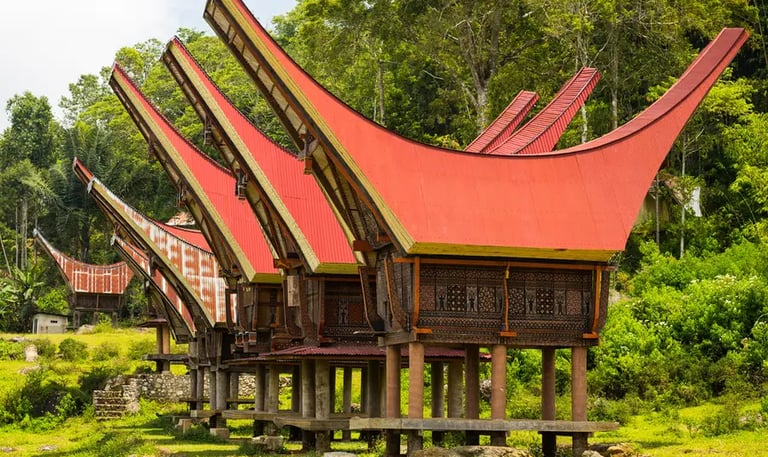

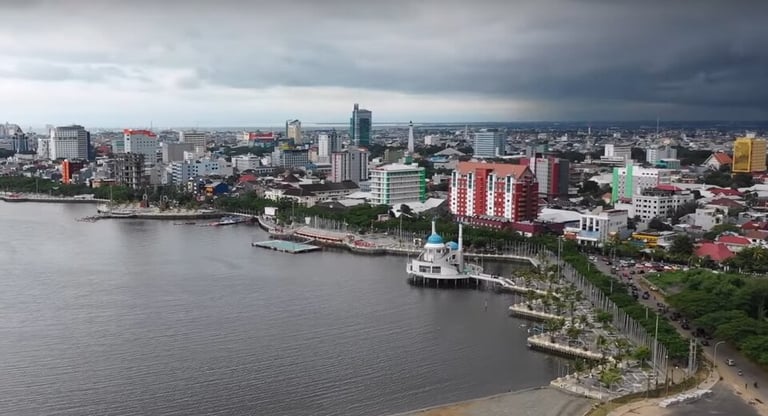

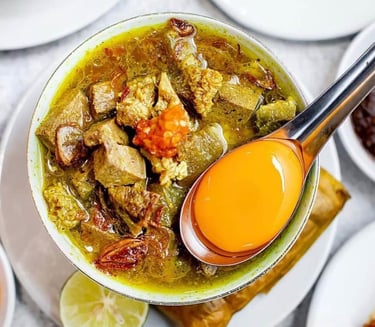

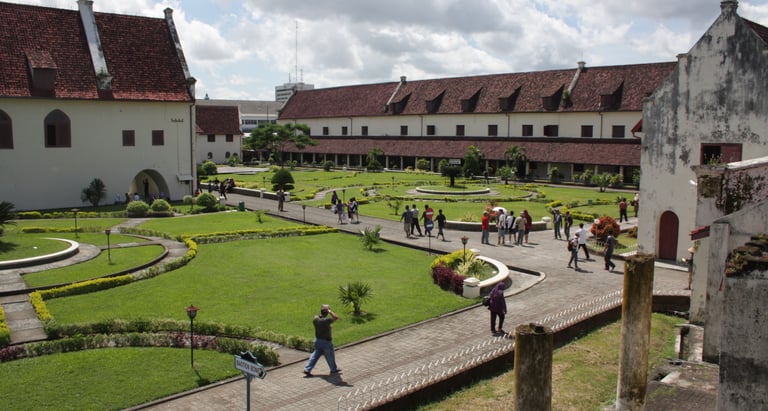

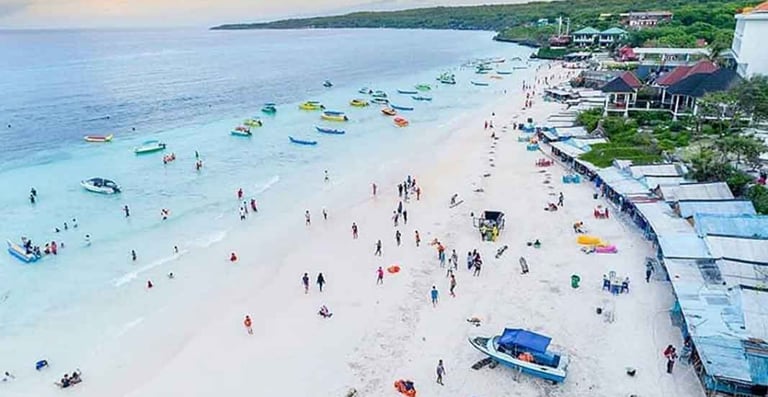

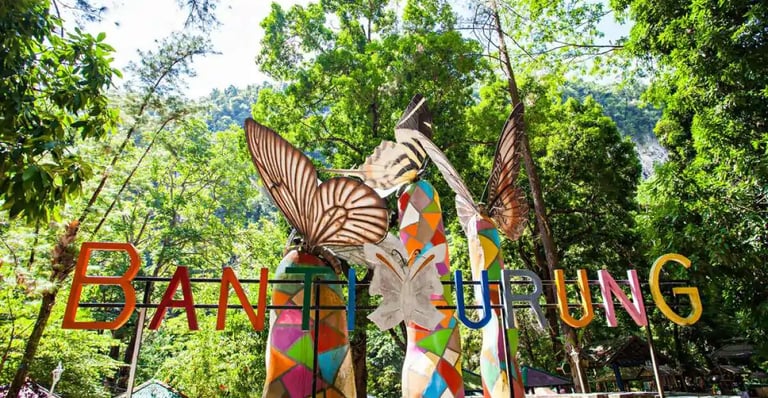

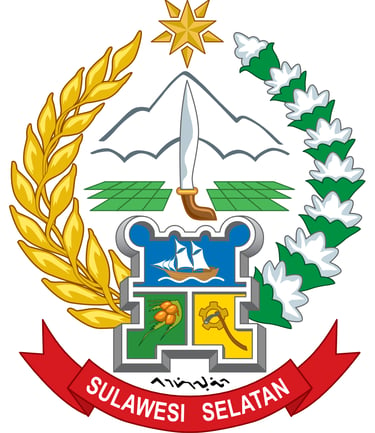

Follow us to explore Indonesia with expert travel guidance
©PT.Sinar Pesona Travelindo 2025. All rights reserved.
